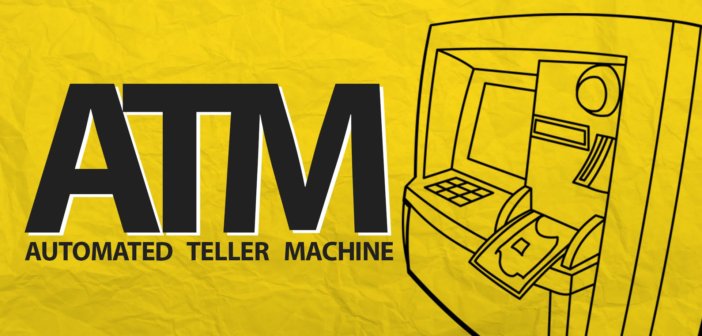Digital financial transactions are a part of the Government’s strategy to create histories of transactions, including the associated credit, and thereby enable small and micro enterprises to access formal credit, improve tax compliance, and mainstream financial savings into the banking system, which will help mobilise such savings for economic growth.
All payment systems including currency entail costs, which are borne among transacting parties and payment service providers, and the cost structures of various systems differ. Payment systems also differ in the advantages they offer to transacting parties. E.g., digital transactions can be made without having to access cash, and they offer an opportunity to make payments anytime and from anywhere, without loss of interest income. Transacting parties select a payment system not only on the basis of cost but keeping in mind such advantages as well.
State Bank of India has apprised that three cash deposit transactions at branches are available to savings bank account holders free of charge. Thereafter, a charge of Rs. 50 plus service tax per transaction is to be levied. In addition to the free cash deposit transactions at branches, accountholders can also deposit cash using ATM/debit card, into the card-linked account, at cash points (Cash Deposit Machines / Cash Recyclers), any number of times, free of charge. This was stated by Shri Santosh Kumar Gangwar, Minister of State in the Ministry of Finance in written reply to a question in Rajya Sabha today.





